Description
Manuel Ulacia
Origami: Selected Poems
Selected and Translated by Indran Amirthanayagam
ISBN: 978-1-956921-10-6 (pbk.)
(January 1, 2023; preorder pricing available through 12/31/22)
Manuel Ulacia (1953–2001) was born in Mexico City, grandson of Manuel Altolaguirre and Concha Mendez, members of Spain’s “Generation of ‘27.” Altolaguirre and Mendez became refugees of the Spanish Civil War, residing first in Cuba and then in Mexico. Manuel gained recognition for his own poetry early, studying architecture as an undergrad, and then a Master’s and PHD in Hispanic literature at Yale, specializing in Luis Cernuda. He then returned to Mexico where he taught at the Universidad Nacional Autonoma de Mexico, became a confidant and protegee of Octavio Paz at Vuelta, and engaged in political action on behalf of persecuted writers as president of PEN’s Mexico chapter.
Books include Origami para un día de lluvia (Origami for a Rainy Day) (1990), one of the great long poems of the Spanish language, and El plato azul (1999), another brilliant long poem. Other books inclue La materia como ofrenda (Matter as Offering) (1980), El río y la piedra (The River and the Rock) (1989), Arabian Knights and Scottish Mornings (unpublished until it was included in Poesia, published posthumously by Fondo de Cultural Economica). Manuel also wrote a definitive critical study of Octavio Paz, El árbol milenario: Un recorrido por la obra de Octavio Paz (The Thousand-Year- Old Tree. A Voyage Through the Work of Octavio Paz) (1999). Manuel died, at the height of his powers, at age 48, beyond the Buenavista beach, 30 kilometers from Ixtapa-Zihuatanejo, pulled out to sea by a riptide.
Jonathan Harrington review at World Literature Today.
Walter Holland review at Lambda Literary Review.
Praise for Manuel Ulacia
By the time the Mexican poet Manuel Ulacia drowned in the Pacific Ocean, he was 47 years old. As a poet, as well as a literary critic, he had already written a notable body of work.
Ulacia possessed a rich voice; among the recurring themes in his poetry are: the places he visited and lived in; desire—in particular homosexual—at a time in Latin America when being an openly gay writer was taboo, and History, where, his family’s involvement with Spain’s Generación del 27 links his poetry to a Golden Age, a renaissance that included remarkable 20th century bards like Manuel Altolaguirre (Ulacia’s grandfather), Federico García Lorca, Rafael Alberti, the Nobel Prize winner Vicente Alexander, and Luis Cernuda. In addition to these illustrious names, the family’s circle of close friends included monumental figures of politics and social change like Leon Trotsky. In fact, Luis Cernuda was Manuel Ulacia’s Godfather. (After the Sevillian retired from teaching at Mount Holyoke College, he moved to Mexico City and remained as a life-long guest in the palatial residence of the Ulacia Altolaguirre families in Coayacán).
When these illustrious names pop up in Ulacias’s poetry, he’s not just name- dropping: they appear in intimate, and sometimes indiscreet, ways. We learn, for example, that when Manuel’s grandmother, Concha Méndez (poet, playwright, a pioneer of women’s rights and an early publisher of books by Neruda and Lorca), took Manuel at age 10 to visit the deeply closeted Vicente Alexander, the Nobel Laureate caressed the boy’s hair with tenderness and warmth, as if to let Manuel know that he and the famous man had a secret in common.
He was, indeed, a kind of prince of Mexican poetry (Octavio Paz was his mentor and putative father); and his poetry is grand and elegant in a princely way. But he also wrote some of the most erotic poems in Spanish in the 20th century Additionally, like Cavafy he was deeply aware of history and tradition. His long, almost epic, poems are mysterious, rich, erudite, and resonant in the tradition of Góngora and Sor Juana Inés de la Cruz. In particular, I love his poems in the English Romantic tradition. Sometimes they are delicate and lyrical like Keats’. At other times, like William Wordsworth, he was obsessed with finding the key that could unlock his nostalgic memories of his youth, when he was still innocent. Ulacia was also fearlessly uninhibited about his many sexual dalliances, as well as searingly unabashed about sharing the sexual intimacies of his marriage. There was, too, more than a touch of Lord Byron in him, down to the tragic and “romantic” way in which he died.
The translations in this volume deserve much praise. The legendary Suzanne Jill Levine with her translation of “River,” and the multilingual Sri Lankan-American poet, Indran Amirthanayagam, have triumphantly brought into English Ulacia’s unique, unforgettable music.
—Jaime Manrique
Manuel Ulacia’s poetry folds water in all of its forms like origami. The surfaces of his intricate sculptures reflect life that is the same yet profoundly changed by their transformation. Harmonious and haunting, Indran Amirthanayagam’s English translations follow every fold and dimension of each poem. Superb!
—Jennifer Rathbun
When I heard of Indran Amirthanayagam’s decision to translate a selection of Manuel Ulacia’s poems, I was very pleased. His fluent and sensitive versions are certain to win an Anglophone audience for this neglected poet’s work. It’s a judicious selection, highlighting his persistent concerns and strengths, in poems that offer a mythic perspective on human experience, composed with remarkable purity of expression. My only regret is that Manolo is not here to see the publication and to enjoy the appreciation of his achievement among readers of a new generation.
—Alfred Corn

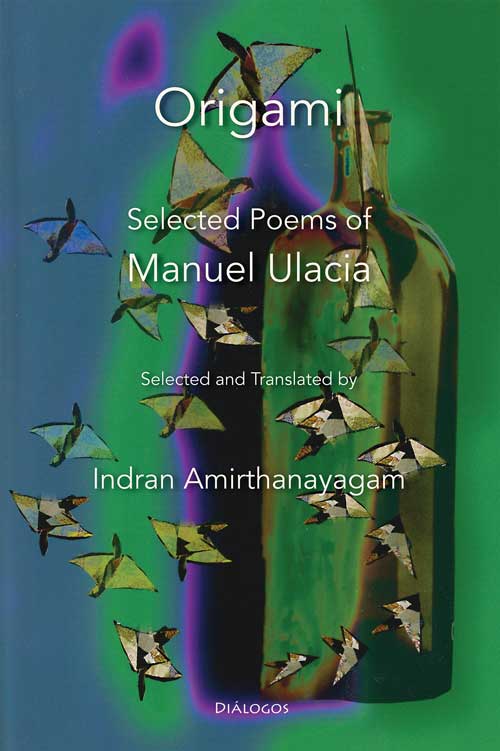
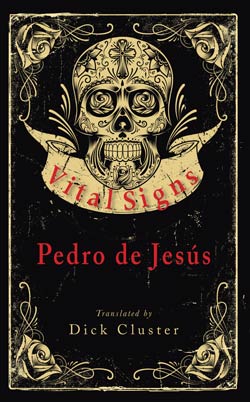
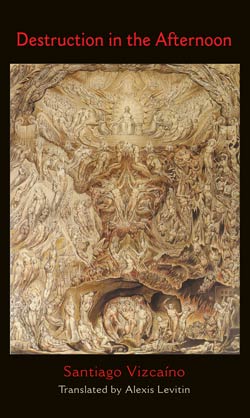
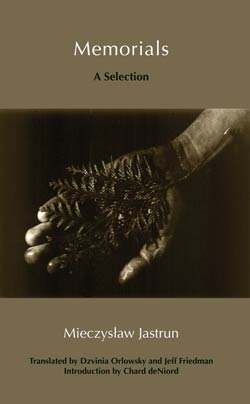
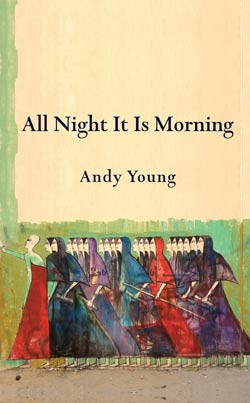

Reviews
There are no reviews yet.